
In university offices, staffrooms and newsrooms across the UK, there has been much discussion of the teaching excellence framework (TEF) outcomes. We followed the debates with interest. But now, the key question on our lips is: "what does this mean for our university?"
Liverpool Hope’s social media channels are busy with students, alumni and staff celebrating after we received our gold rating in the TEF on 22 June. We are receiving congratulations and retweets from our university partners and friends.
We regard our gold award is a recognition of the tireless work of university staff to ensure that our students have the best possible experience combining academic rigor with a personal learning experience.
What is the TEF? Results of the teaching excellence framework
TEF: what does a recent graduate think of the framework?
Once the euphoria has died down, we need to reflect on what the gold badge means in the long term. What will it mean to both current and potential students, who are already bombarded with a lot of information - league tables and key information sets to name but two?
Ucas has now attached the TEF logo to course pages, so potential students will see the new categorisations straight away. We have an open day coming up, so we need to be sure that we profile our gold award, but are clear about what it means to potential students and their families.
For some students I spoke to, while league tables would still be their first port of call, they welcomed the TEF ratings as an easier way to understand the student experience. There was, however, a request for a reference guide on how to interpret the outcomes.
Once the initial reaction has died down, the best solution will be to ask a group of students to do this for us. The fact that TEF is a government-led measure added some importance over other sources for one student.
What was interesting, was that most of the students I spoke to said they got a sense of teaching quality at Liverpool Hope when they met course tutors at an applicant or open day.
Best universities in the UK
As we have always said here, high-quality learning comes from excellent, research-informed teaching, but that it is dependent on student relationships with their tutors. The question is then - how do you quantify that?
A recent graduate said that he is proud of the university’s growing achievements in research excellence but he was particularly glad that Liverpool Hope’s gold TEF result shows that we are providing an excellent student experience.
I believe that students should not have to make a choice between excellence in research and excellence in learning and teaching and we believe that high-quality teaching is research informed.
Thus, we require our academic staff to have qualifications related to both teaching and research. At Liverpool Hope, 70 per cent of academic staff have a teaching qualification and 75 per cent of academic staff have a doctoral qualification; this puts us in the top seven in the UK for the percentage of staff with a research qualification.
We will introduce a new plan for our first year students this year, which focuses on student engagement and the joy of learning, in order to strike the balance between teaching and research.
The TEF was introduced as a counterpart to the research excellence framework (REF). The sector has needed the opportunity to consider the recognition of both teaching and research for a long time. Hopefully now, a combination of these measures will give us a more balanced way to reflect on the full student experience.
Penny Haughan is the dean of students at Liverpool Hope University



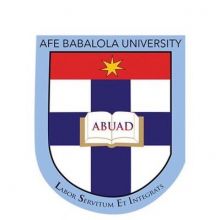





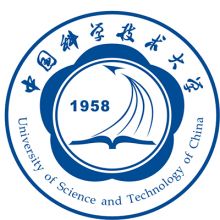

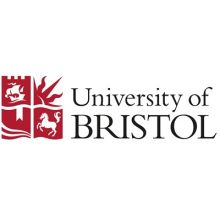


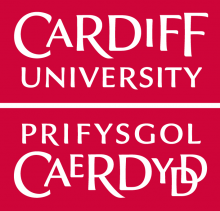
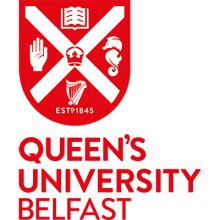
Have your say